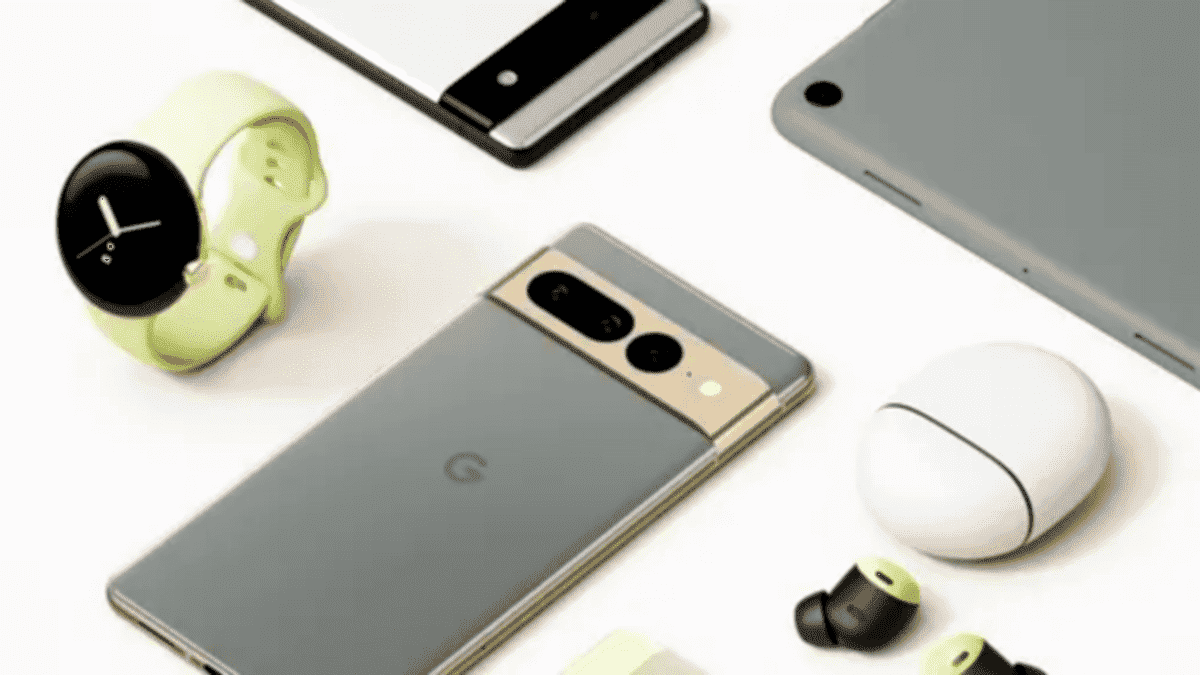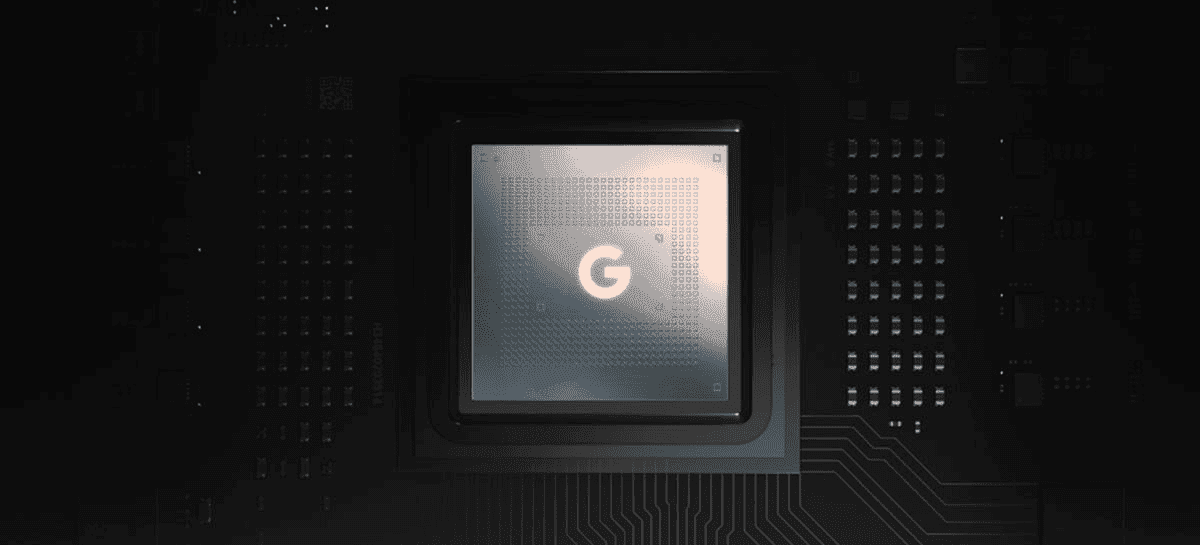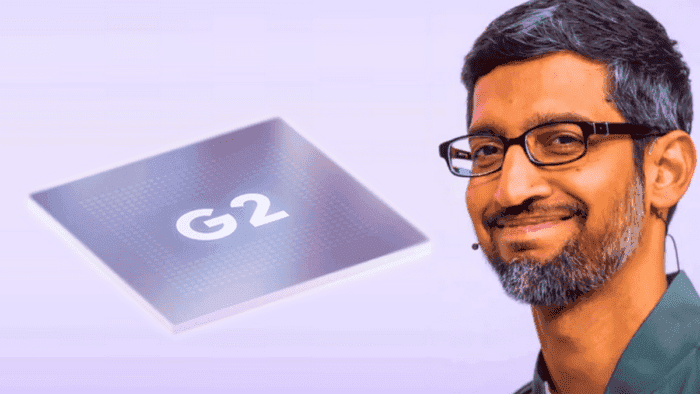The Google Tensor G2 was the target of multiple leaks prior to its release within the Pixel 7 series. Back in the last week, Google took the wraps off its new smartphone lineup with incremental upgrades. The processor itself is just an incremental upgrade over the Tensor G1. It has nearly all the specifications as its predecessor. As previously reported, even the manufacturing process is the same.
Google Tensor G2 boasts the same 5nm manufacturing as its predecessor
Ahead of the Google Pixel 7 series launch, some rumors were pointing to the Google Tensor G2 as a 4nm chipset. That would be a major change for the processor over this predecessor. After all, it brings the same ARMv8 core architecture, the same old Cortex-A76 cores. A newer manufacturing process could have made the SoC more efficient and would also delivered a slight jump in performance. However, in the end, it turns out that the Tensor G2 is the same processor with slight refreshments.
Recently, a Google spokesperson confirmed to Android Authority that the new chipset has the same 5nm manufacturing process. It uses the same Samsung 5LPE process as the Tensor G1. In the best scenario, it uses the newer 5LPP process. We’ll never know since Google goes for an Apple-like route of keeping certain technical aspects under wraps.

Anyway, the chipset brings 2 x Cortex-X1 cores, 2 x Cortex-A78 cores, and 4 x Cortex-A55 cores. There are some updates in the clock speed to deliver a small bump in performance. Anyway, the GPU is better thanks to a newer Mali-G710 MC10. Therefore, the SoC is an improvement in gaming and image processing.
Google teases its processor as an improvement over the past generation. According to the search giant, the Tensor G2 brings power efficiency improvements. Moreover, it can handle camera and machine learning tasks 60% faster. Obviously, these improvements are not coming thanks to a newer manufacturing process.
Now, you may think, what is Google’s big deal in using an old manufacturing process?
Perhaps, Google didn’t want to use Samsung’s 4nm manufacturing process
Honestly, we can’t blame Google for not using Samsung’s 4nm manufacturing. After all, it seemed to be quite problematic. The Exynos 2200 didn’t prove itself against the competition, and Qualcomm was not happy with the Snapdragon 8 Gen 1. Due to poor efficiency and thermal management, Qualcomm decided to move the Snapdragon manufacturing to Qualcomm. That gave birth to the Snapdragon 8+ Gen 1 SoC which proved to be 10% faster and 30% more efficient with TSMC’s 5nm manufacturing.

Therefore, Google could have had problems in using the 4nm manufacturing process from Samsung. Things may be different in the next year, and we may see a jump straight to the 3nm architecture.
Hopes are on the Google Tensor G3
We’re not saying that Pixel 7 and Pixel 7 Pro owners should be disappointed with the performance brought by the Tensor G2. The processor may hold well to fill its purposes. Google makes clear that its goal is not to compete with flagship manufacturers anymore. In fact, the company’s flagships are to offer stellar camera capabilities and showcase the company’s reliability in software.
You won’t see fancy technologies like crazy-high fast charging, or stellar hardware to do 120fps gaming. Anyway, as we’ve said, the device will hold well for another year. The situation may finally improve with the Google Tensor G3.

According to rumors, the chipset will use upcoming Samsung’s 3nm manufacturing. It will be ready in time for the Pixel 8 series release. We can expect efficiency that greatly overcomes the 5nm on the Tensor G1 and G2. Moreover, we expect the upcoming chipset to finally make a switch to ARMv9 cores.
We expect details to start appearing in the next year, but an actual unveiling will happen only in October with the Pixel 8 series. We expect a Pixel 7a to appear in mid-2023, but that will likely stick with the Tensor G2.





